Brain/Neuroscience
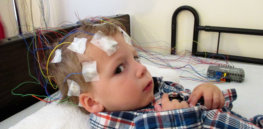
Why electrical brain stimulation to enhance memory or relieve depression may not work
[S]cientists and hobbyists alike look for ways to change the activity of neurons without cutting into the brain and implanting ...

Viewpoint: Self-diagnosed celiac disease is just the latest diet obsession of wealthy white people
There are people who are allergic to gluten. But the recent surge in self-diagnosed Celiac sufferers is little more than ...

Autism shares gene expression pathways with schizophrenia and bipolar disorder
Gene expression patterns in the brains of people with autism are similar to those of people who have schizophrenia or ...
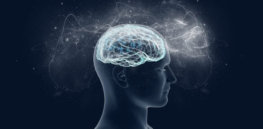
Our brain is in constant motion—but what makes it tick?
What makes the brain tick? What keeps the constant stream of energy welling up within ourselves when we are alert ...
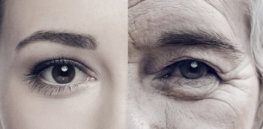
The quest for youth, and what our genes have to say about it
Why do some people seem to age faster than others? The answer may lie in our epigenetics ...

Do cell phones cause cancer? Long-awaited study offers mixed results, no definitive answer
The long-awaited results of a $25 million National Institutes of Health study on the effects of cellphone radio-frequency radiation exposure on animals is ...

Boys’ and girls’ brains are different as early as 1 month of age
On average, men and women differ psychologically in small but reliable ways, such as in personality, interests, and cognitive performance, but the basis ...
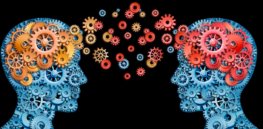
Speech mystery: Language relies on brain pathways that predate human beings
New research has identified the brain systems involved in language learning and discovered that these systems pre-date the human species ...
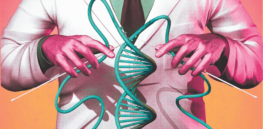
Gene-editing advances put us at the dawn of a revolution in medicine
So much of the public's attention is focused on the use of genetic engineering in the crops that our farmers ...
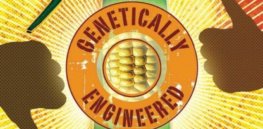
How consumer-friendly GMO foods could change minds about biotech crops and animals
Editor's note: This article is part two of a three-part series by Marc Brazeau on his 2018 predictions on food, ...
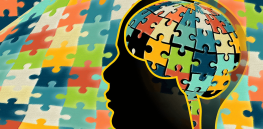
Why autistic children are less likely to engage socially
[C]linicians and scientists have proposed a variety of theories to explain why kids with ASD tend to be less socially ...
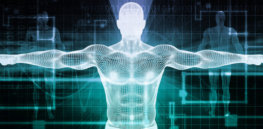
Viewpoint: We aren’t even close to being able to engineer superhumans
We know there are genes that contribute to intelligence. But the relationship between those genes and our intelligence is so ...
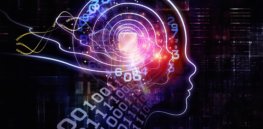
State of mind: Will computers learn to act and think like we do?
The technology that drives artificial intelligence is constantly moving forward. But will machines every gain the human equivalent of a ...
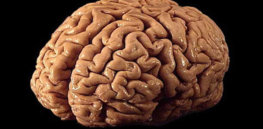
‘Brain banks’: Why these scientists want your brain
Researchers are striving to build collections of brains free of Alzheimer's and other forms of dementia. A stronger base of ...
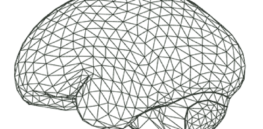
Evolution of modern human behavior linked to the rounding of our brains
In a study published [January 24] in Science Advances, researchers from the Max Planck Institute for Evolutionary Anthropology announced that the earliest Homo sapiens did ...

NBC News’ Richard Engel’s son diagnosed with Rett syndrome. Why that’s such a rarity
The Today Show recently reported the sad story of Henry Engel—the toddler son of correspondent Richard Engel and his wife Mary Forrest who ...

Unique mix of brain chemicals separates humans from other primates
A team of researchers has now used a novel technique to form a hypothesis on the origins of our rich ...

Marrying close relatives offers genetic risks and benefits for offspring
Endogamy is a powerful but controversial cultural tool. It also can play surprising roles in health and disease ...
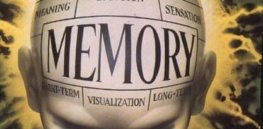
Video: Ancient virus could explain how human memories are formed
The particulars surrounding how our memory works has baffled neuroscientists for decades. Turns out, it’s a very sophisticated process involving ...

Solving a riddle: ‘Dark matter’ DNA shown to influence brain development
A puzzle posed by segments of 'dark matter' in genomes — long, winding strands of DNA with no obvious functions ...
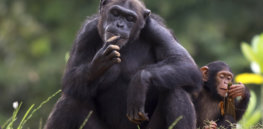
‘Animal uplift’: Could we—and should we—make animals smarter?
Advances in neural implants and genetic engineering suggest that in the not–too–distant future we may be able to boost human intelligence. If that’s ...
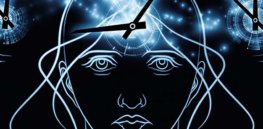
Killing cancer cells with the body’s own internal clock
Women who work night shifts have substantially higher risks of breast, digestive system, and skin cancers, a recent study found ...
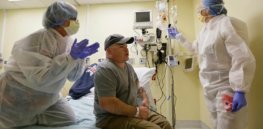
Viewpoint: Headline-grabbing attempt to edit living human’s DNA needs reality check
For the first time, doctors have attempted to edit faulty genes inside the body of a human patient — a ...
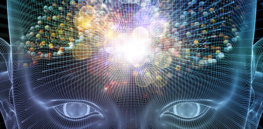
Figuring out what a memory looks like in the brain
[Janice] Chen and her colleagues found something odd when they scanned viewers’ brains: as different people retold their own versions ...
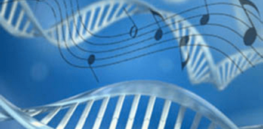
Finding meaning in the music of our genes
There is a musical pattern to our DNA, and it may help us understand how genes work and pinpoint diseases ...
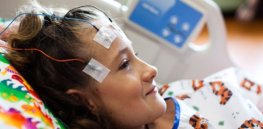
Depression and epilepsy may share same genetic roots
From the time of Hippocrates, physicians have suspected a link between epilepsy and depression. Now, for the first time, scientists ...

Learning what Alzheimer’s does to the brain could lead to personalized treatments
Researchers are learning more about the causes and progression of the disease. This leads them to suggest that new treatment ...

